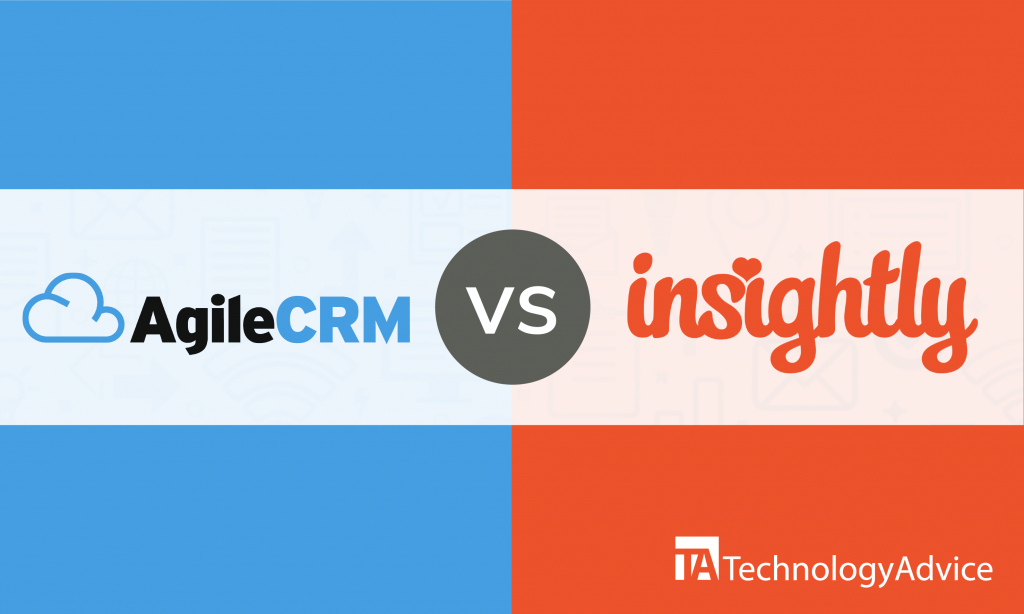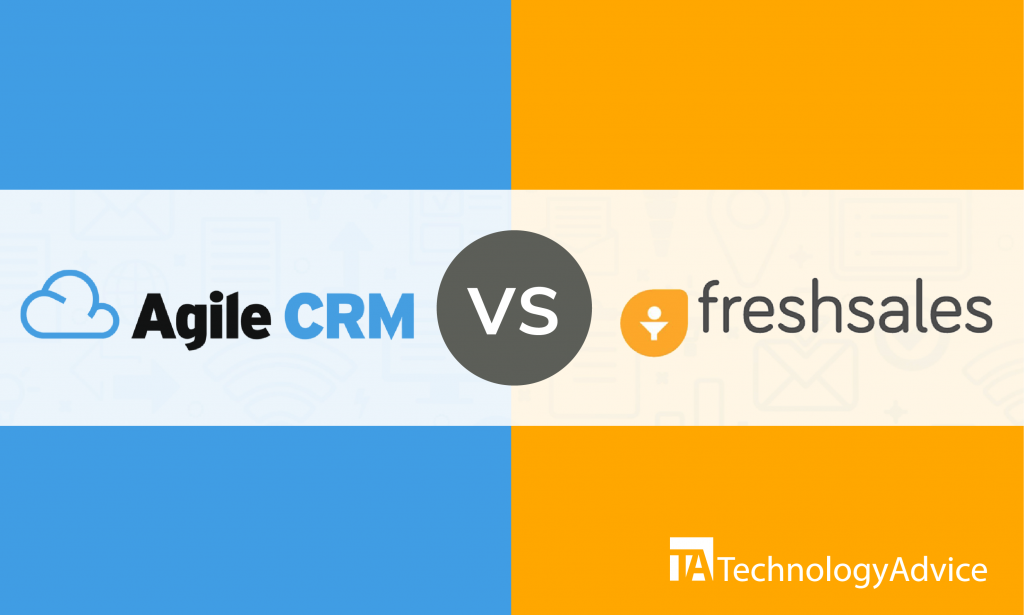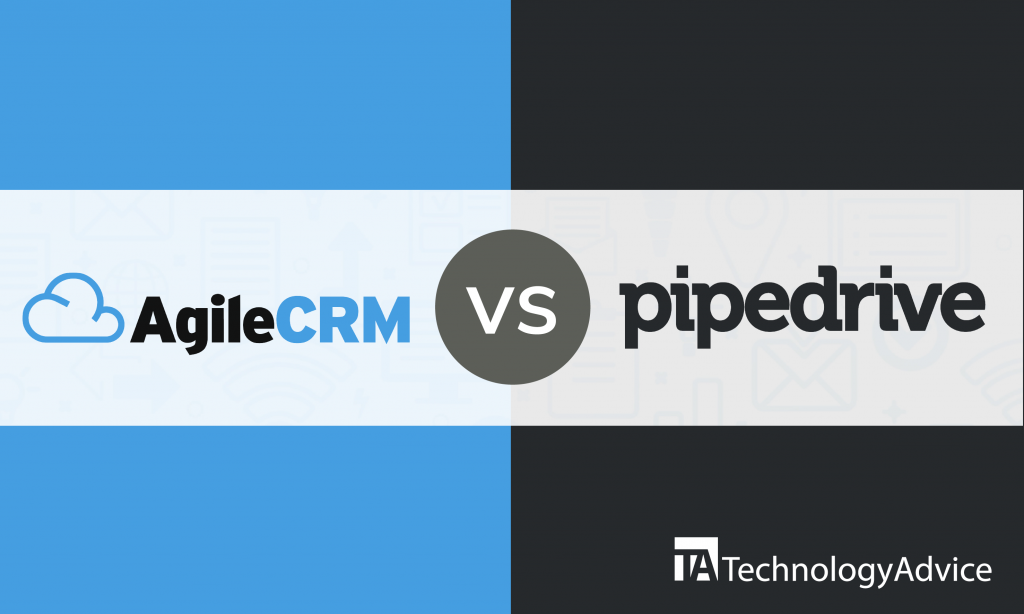Salesforce has consistently been the top CRM software in terms of market share, and there’s no doubt that it’s a tough name to beat. After all, it is one of the first platforms to leverage the cloud.
In this regard, very few CRMs can compete head-on with Salesforce. Hoping to challenge the status quo, the creators of Pipeliner CRM have dubbed their program as the “first serious challenger to Salesforce.” In this article, we’ll try to see just how valid that claim is.
If you’re just starting your CRM research, use our Product Selection Tool. You’ll get five software recommendations that are tailored to your needs for free.
Salesforce vs. Pipeliner CRM: An overview
Salesforce is a feature-packed system designed to satisfy the needs of companies of all sizes, although with more emphasis on enterprises. This tried and tested program has everything that a business would need from a CRM, thanks to its solid features and add-ons.
Pipeliner CRM, on the other hand, is a newer competitor. It was built primarily for salespeople, by salespeople. When it comes to baseline features, it offers what sales teams and professionals would require from a CRM, but with the addition of a dynamic and easy-to-use pipeline view that removes the noise and allows a user to instantly see and focus on high-value info and activities.
Pricing and plans
Salesforce comes in four SMB and enterprise subscription plans billed annually: Lightning Essentials, Lightning Professional, Lightning Enterprise, and Lightning Unlimited. Meanwhile, Pipeliner CRM has three versions: Starter, Business, and Enterprise.
As to be expected, each of the higher levels offers more features than those below it. Salesforce and Pipeliner CRM’s starter plans have the same cost. However, Pipeliner CRM’s editions targeted for enterprise and large-scale utilization are less expensive than those of Salesforce.
Supported platforms
Both Salesforce and Pipeliner CRM come with web (browser) apps. Both also have proprietary iOS and Android applications.
Typical customers
Salesforce targets every type of business: small, medium, and large. Pipeliner CRM also targets the three groups, but with the addition of freelance sales professionals.
Features of Salesforce vs. Pipeliner CRM
Besides pricing, it’s very important to look at overall functionality when looking for the best CRM for your business needs. This is where it becomes tricky, as all CRMs are designed to meet the typical requirements of most businesses. Ultimately, your choice should depend on which program specifically aligns with your sales goals, and which one suits your expectations in terms of usability.
Contact management
Contact management is an important aspect of all CRMs. Fortunately, both Salesforce and Pipeliner support and cover all the basics: activity management, appointment management, interaction tracking, segmentation, prospecting, and more.
However, there is one area where Salesforce trumps Pipeliner CRM: email marketing. But even though Pipeliner doesn’t include email marketing, it can be easily done through a third-party service.
Lead management
From activity tracking to lead capture, distribution, scoring, and segmentation, Salesforce and Pipeliner can be considered equal. Both CRMs also allow pipeline management and source tracking, and provide efficient prospecting tools.
Salesforce supports campaign management and lead nurturing, though — features that Pipeliner CRM doesn’t currently have.
Sales enablement
This is another area where Salesforce offers a slight advantage. While Pipeliner also supports the management of contacts, documents, goals, quota, leads, performance, proposals, and territories, it doesn’t offer content, presentation, and training management like Salesforce does. If you want to be able to do those three functions within the CRM, you’ve got some serious considerations to do.
Sales forecasting
What good is a CRM if it cannot help you forecast sales and revenue? Of course, both Salesforce and Pipeliner have this capability, but you may get more out of the former.
Salesforce supports competitor analysis, correlation analysis, dynamic modeling, and exception reporting. If you don’t mind doing those manually, you’d be glad to know that Pipeliner at least provides graphical data presentation, sales trend analysis, statistical analysis, and performance metrics — all of which are also provided by Salesforce.
Integrations
Horizontal integration has been one of the main selling points of CRMs. It’s easy to be wowed by numbers, but what truly matters is the integrations that you and your team can actually use.
Salesforce has a whopping 1,181 integrations in total. These include Google Drive, Trello, Slack, Dropbox, Mailchimp, WordPress, GoToMeeting — name any app you use in your business and Salesforce most likely supports it. It is yet to allow integration with Facebook, though.
Pipeliner CRM, on the other hand, only has a total of 60 integrations. However, despite the significantly fewer number of supported apps, you may find these 60 to be some of the most essential ones for your business and sales operations. For instance, if you’ve used or you’re currently using HubSpot CRM and HubSpot Marketing, you might appreciate how you can integrate them with Pipeliner.
The bottom line
Now, going back to the claim that Pipeliner CRM could be the “first serious challenger to Salesforce,” we can say that it’s quite an ambitious claim — at least for now.
While we cannot deny that Pipeliner CRM has strengths that can absolutely let it hold its ground, it may still have a long way to go before it can fully take on Salesforce. However, those who find the latter a tad too complex may find the former a viable choice.
Want more CRM software options? Use our Product Selection Tool.





